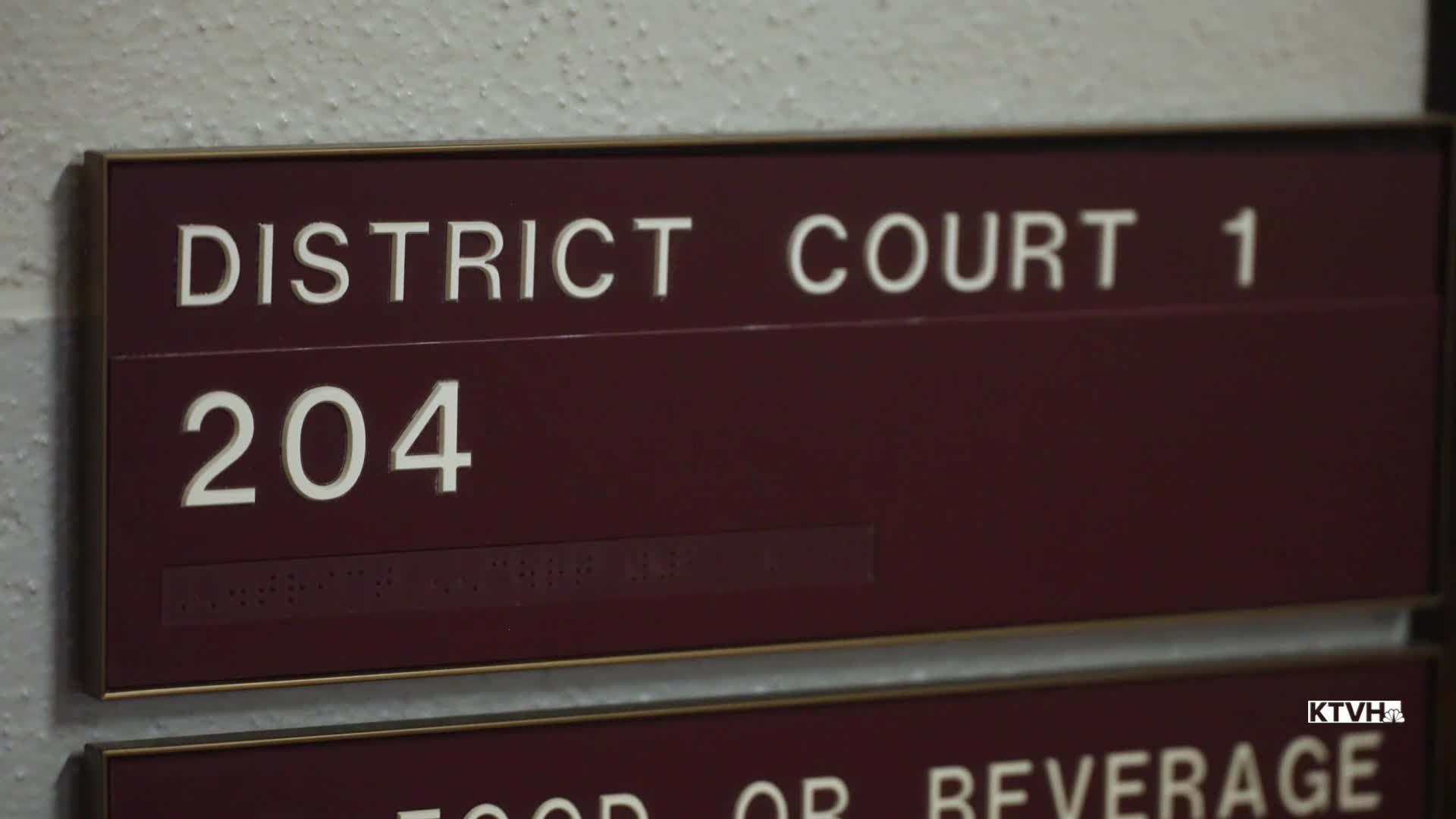HELENA — A second committee has announced it’s going to try to get an initiative onto next year’s ballot to ensure that Montana’s judicial elections remain nonpartisan.
Montanans for Nonpartisan Courts submitted two possible versions of a constitutional amendment to the Montana Secretary of State’s Office last week. It comes less than a month after the group Montanans for Fair and Impartial Judges turned in its own proposed amendment.
Montana judicial elections have been conducted on a nonpartisan basis since 1936. Lawmakers have debated proposals to introduce party labels to judicial elections each of the last three legislative sessions, but none have been successful.
“We have a 90-year, very longstanding tradition of nonpartisan courts in Montana,” said Caitie Butler, a spokesperson for MNC. “We believe that our courts should be nonpartisan and free from influence by political parties and outside special interests, and we don't expect that those attempts will stop to turn our courts partisan. So we hope to put this on the ballot in 2026 and give voters a chance to weigh in on how they want to elect their judges.”
One version of the group’s amendment would simply add a section to the Montana Constitution, saying “Judicial elections shall remain nonpartisan.” The other would also include a specific requirement that any new court the Legislature creates must also have judges elected on a nonpartisan basis.
Butler said MNC believed their language would ensure all courts are included, not only the Montana Supreme Court and district courts. She said the committee proposed two different versions of its initiative to “maintain maximum flexibility” as it goes through governmental review.
The proposed text and ballot statement for an initiative must be reviewed by legislative staff to ensure they are clear, consistent and properly formatted. The Montana Attorney General’s Office will then determine whether the proposal is legally sufficient.
“Of course, if both make it through, we will only pursue one policy,” said Butler.
MNC says it’s a coalition of individuals and organizations, including the Montana Federation of Public Employees, ACLU of Montana, Big Sky 55+, Forward Montana and Catalyst Montana.
The other committee, Montanans for Fair and Impartial Judges, is being led by Pepper Petersen and Ted Dick, the main organizers of the successful 2020 ballot campaign to legalize recreational marijuana sales in the state.
When MTN asked Petersen about the new initiative proposal, he said his group has been focused on their own campaign.
“The Montana team's winning strategy is to build a wide bipartisan, nonpolitical coalition of folks who support this issue,” he said.
Petersen said they’re confident in the language they’ve proposed, which would say “Supreme court justices and district court judges shall be elected in nonpartisan elections.” He said the committee has received support from people like former U.S. Sens. Jon Tester and Max Baucus, former Govs. Brian Schweitzer and Marc Racicot, and former judge and Republican U.S. Senate candidate Russ Fagg.
“We’re speaking to the issue from the people who live the issue,” Petersen said.
MNC has announced its own set of endorsements, including from former Montana Supreme Court Chief Justice Mike McGrath and former Republican state Sen. Bruce Tutvedt.
Butler said MNC thinks it’s a good sign multiple groups are interested in proposing this type of amendment.
“We think that it shows that there is a groundswell of momentum behind the desire to protect our right to nonpartisan courts in Montana,” she said.
If the attorney general approves any of these initiatives for signature gathering, they will need at least 60,241 signatures from registered voters to get on the 2026 ballot.
Supporters of loosening the restrictions on party labels in Montana judicial elections – mostly Republicans – have argued that these races have already become politicized, and requiring them to stay officially nonpartisan is hiding important information from voters.




